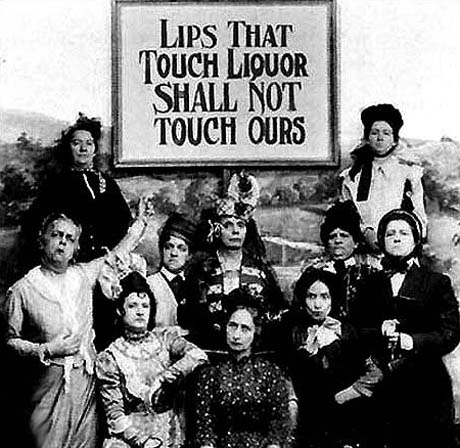So argues New York Times conservative columnist Ross Douthat proposes and you know what? He’s right.
Douthat’s correctly points out that the “key problem in college sexual culture right now isn’t drinking per se; it’s blackout drinking, which follows from binge drinking, which is more likely to happen when a drinking culture is driven underground.” Specifically, it’s “pre-loading” — young people consuming a heavy dose of alcohol before they show up at a party. The results are not pretty.
What Douthat does not mention is that the impetus for raising the drinking age came from Mothers Against Drunk Driving (MADD), an organization founded in 1980 by Candy Lightner after her 13-year-old daughter was killed by a drunk driver. The federal government took the bit in its teeth, and in 1984 passed a law denying a portion of highway funds to any state that didn’t raise the legal drinking age to 21. By 1988, every state in the Union had done so.
In 1985 Lightner left the organization. As she subsequently told the Washington Times, “It has become far more neo-prohibitionist than I had ever wanted or envisioned. I didn’t start MADD to deal with alcohol. I started MADD to deal with the issue of drunk driving.”
In the past few years, the federal government has used Title IX of the Civil Rights Act, which bars gender discrimination, to compel administrators to deal seriously with sexual assault on campus. As chair of a faculty committee charged with reviewing my campus’ disciplinary procedures, I would urge federal officials to think as broadly as we have about how and why sexual assault happens, and to remove the state penalty on the under-21 drinking age.






